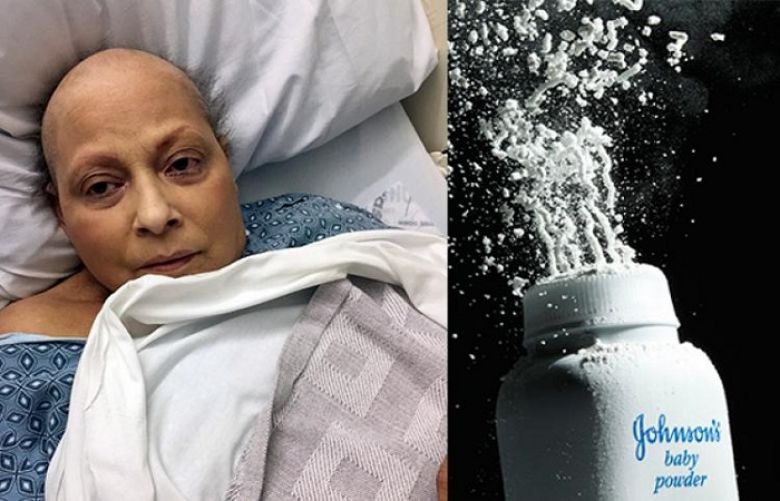The American multinational company Johnson & Johnson has been ordered to pay $417 million by a Los Angeles court after Eva Echeverria, a woman from California, sued the company, claiming that its baby powder causes ovarian cancer when applied regularly, Hindustan Times reported on Tuesday.
Echeverria, who was diagnosed with ovarian cancer in 2007, used the talcum powder on a daily basis from the 1950s to 2016, according to court documents. In her lawsuit, she claimed that the company does not warn about the potential risks of cancer that the usage of the talcum powder poses to consumers.
She says that she developed cancer as a “proximate result of the unreasonably dangerous and defective nature of talcum powder.” She is hospitalised and is undergoing treatment, her lawyer Mark Robinson told the court.
According to Robinson, company's internal documents spanning over several decades prove that the company was aware of the risks of ovarian cancer as a result of regular usage of the powder.
“Johnson & Johnson had many warning bells over a 30-year period but failed to warn the women who were buying its product,” he said.
This is the largest sum of money that Johnson & Johnson has been ordered to pay as a result of a US court verdict. Robinson said that his client hopes that the company will put the additional warning on its products following the verdict.
He said that Echeverria, who was dying due to cancer, "really didn't want sympathy", instead she wanted to help other women across the US who have been using the talcum powder for decades and are suffering from ovarian cancer as a result.
“She just wanted to get a message out to help these other women,” Robinson said.
He said that the court had awarded $68 million in compensation and $340 million in punitive damages.
However, Johnson & Johnson's spokesperson Carol Goodrich, in a statement, said the company will appeal against the jury's decision. Extending her sympathy to Echerverria, Goodrich said that scientific evidence proves that the talcum powder is safe to use and does not pose any health risks. She said that the company is preparing to defend itself in trials of similar nature in future.
The company has faced similar lawsuits in the past as well. A woman in Virginia, who claimed to have been using the powder for 40 years, won a $110.5 million lawsuit in a St Louis court in Missouri after she was diagnosed with ovarian cancer in 2012.
Three other similar cases in St Louis courts awarded $72 million, $70.1 million and $55 million in damages. However, another St Louis court turned down a woman's lawsuit who claimed that the talcum powder had caused her uterine and ovarian cancers.
The company won two similar cases in New Jersey, as the judge claimed that the prosecuting lawyers had no incriminating evidence to support their allegations.
The company has faced more than 1000 lawsuits of similar nature. Those who won received much lower amounts in financial damages.

